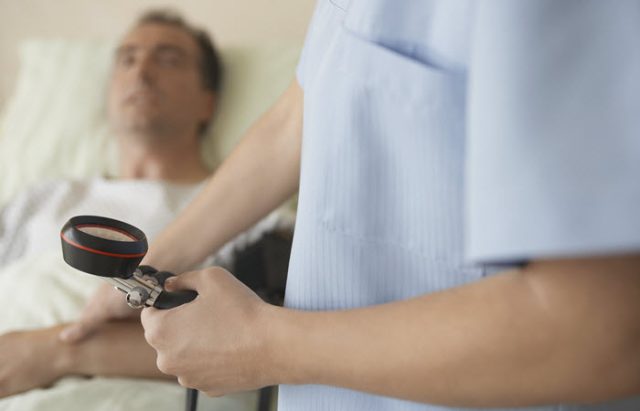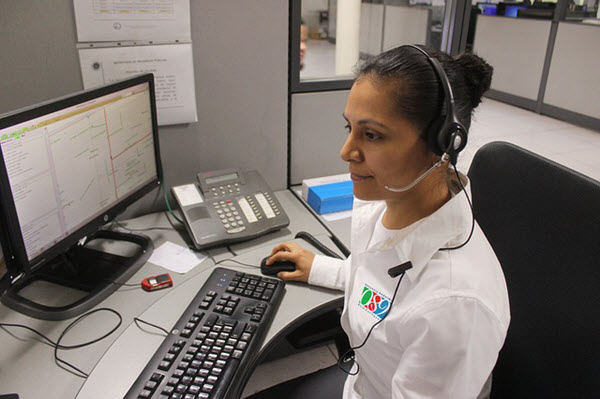How Stroke Prevention Can Save Your Life
By Brian Wallace
December 20, 2017 • Fact checked by Dumb Little Man

No one wants to think about the possibility of having a stroke, but someone in the United States has a stroke an average of every 40 seconds. It could be life altering or even life ending.
The good news is that it is possible to survive a stroke and it's also possible to prevent one from happening in the first place. You should take steps to understand your risk factors, make lifestyle changes, and finally plan for your best possible outcome should the worst happen.
Do You Have Risk Factors For Stroke?
There are certain risk factors that make you more prone to developing a stroke. According to the National Institutes for Health, here are some of those risk factors:
- Increased blood pressure
- Personal history of stroke
- Diabetes
- Existing heart Disease
- Smoking
- Malformations of brain blood vessels
- Age
- High Cholesterol
- Gender
- Race or Ethnicity
- Family history
- Poor diet
- Stress and Depression
See Also: 4 Ways To Overcome Depression Naturally
When you have any of those risk factors, it’s important to check your lifestyle and make the necessary changes to prevent stroke. Eat a healthier diet, be more physically active and quit smoking. Seeking medical treatment for other risk factors is also crucial.

See Also: 16 Essential Tips for Quitting Smoking
How To Know If You Are Having A Stroke
When you or someone you love is having a stroke, it isn’t always immediately obvious. Someone having a stroke may just seem tired or even a little drunk, so early warning signs are often brushed off.
According to the American Stroke Association, you should think FAST. It's an acronym which stands for:
- Face drooping
- Arm weakness
- Speech difficulty
- Time to call
Another easier method is to have the person stick out their tongue and see whether it is lopsided.
No matter what, if you suspect you or someone else is having a stroke, you must get to the nearest emergency room immediately or call 911.

Stroke Prevention: Giving Yourself A Better Chance Of Survival
Obviously, getting yourself to the hospital as soon as you suspect a stroke is crucial to your survival. Preventing a stroke from happening in the first place is also a great idea. But if you know you are at risk and you have already done everything you can to prevent a stroke from happening, it’s time to plan for the worst-case scenario.
How do you give yourself the best chance of surviving a stroke once it already starts?
With a little planning, you can identify which hospitals in your area will give you the best chance of surviving a stroke. It starts with identifying the Comprehensive Stroke Centers.
A hospital with a Comprehensive Stroke Center certification is one where the doctors, nurses, and other staff have been trained to work together to ensure the best possible outcome for stroke patients. These healthcare professionals are constantly updating their training to be on the cutting edge of research that will allow patients to recover more quickly and more thoroughly.
This research is not only used to stop your stroke as quickly as possible, but it is also used to put you on the right path toward recovery. It can help you get your life back as quickly as possible.
It’s not always easy to identify which hospitals in your area are certified as comprehensive stroke centers. This is why it is important to do your research ahead of time and talk it over with your family. When you make a plan before anything bad happens, it will be that much easier to get where you need to go in an emergency. It could save your life.
Learn more about Comprehensive Stroke Centers from this infographic. A little bit of preparation could lead to a 7% reduction in death when the absolute worst happens.
Brian Wallace
Brian Wallace is the Founder and President of NowSourcing, an industry leading infographic design agency based in Louisville, KY and Cincinnati, OH which works with companies that range from startups to Fortune 500s. Brian also runs #LinkedInLocal events nationwide, and hosts the Next Action Podcast. Brian has been named a Google Small Business Advisor for 2016-present and joined the SXSW Advisory Board in 2019.

